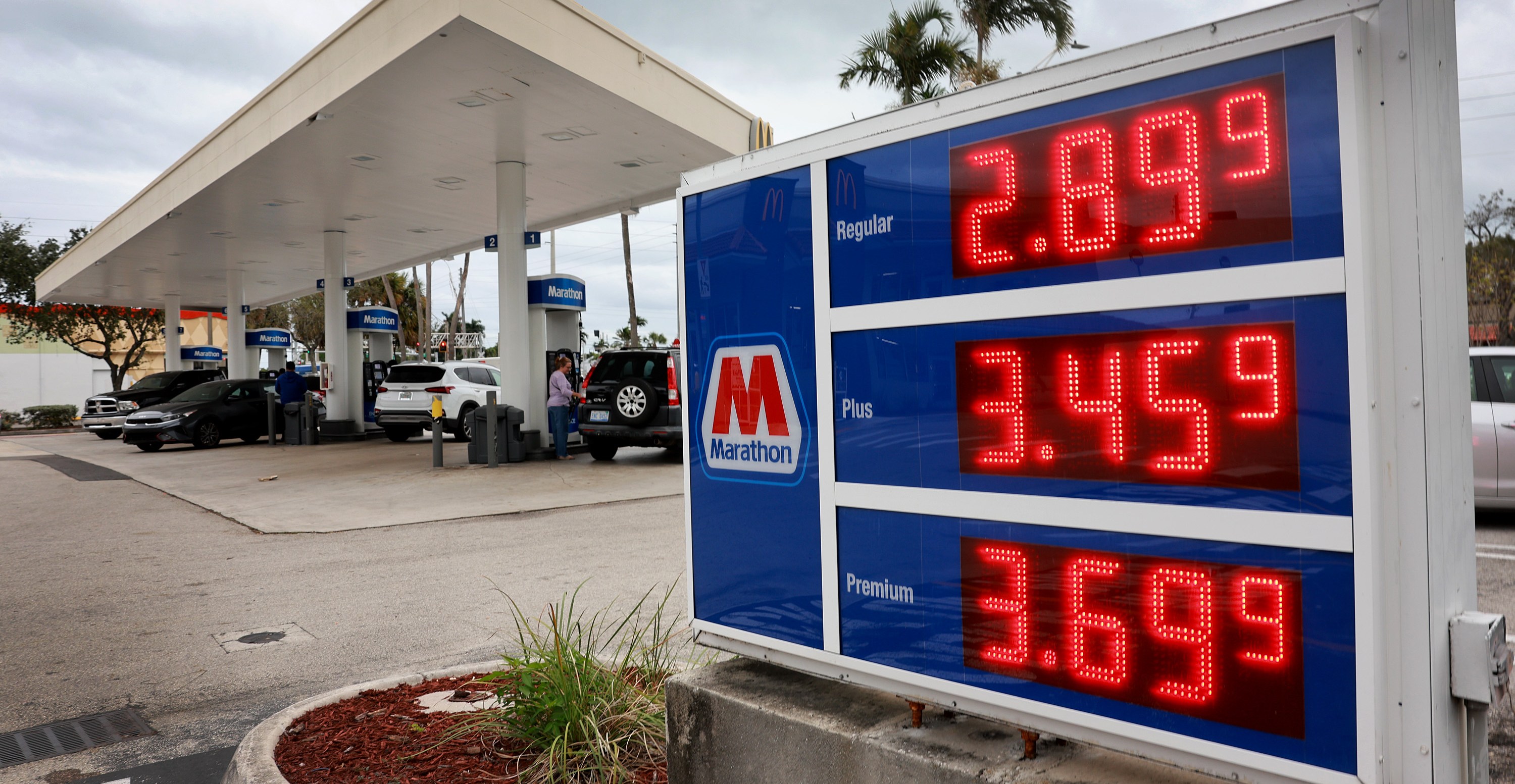Join us, we have L/100km instead
Can I please buy some of that $2.90 per gallon gasoline?
Cheap gas is half the reason we’re in this mess.
I get confused by any other system than KMs per litre
My car gets 40 rods to the hogshead and that’s the way I likes it.
I wish that were used. But instead we get this inverse, L/100 km.
Edit: after reading the article, apparently this is actually better. Even though km/L might seem easier to work with, it is misleading in terms of how you compare two vehicles.
It’s why the 2007 Chevy Tahoe Hybrid won a green car award. It may have been a measley 21MPG city (11.2 L/100km, 4.8gal/100mi), but that was 30% better than previous models.
Notably, the US DOE shows gal/100mi on their fuel economy website already. https://www.fueleconomy.gov/feg/bymodel/2007_Chevrolet_Tahoe.shtml https://www.fueleconomy.gov/feg/bymodel/2008_Chevrolet_Tahoe.shtml
Good point, but GPHM has more syllables, and GPM makes it sound small;
but still, maybe 50, 25, 15, and 10 MPG could be expressed as 0.02, 0.04, <0.07, and 0.1 GPM.
Just drop the M - GPH/gallons per hundred is just as short and easy to say as MPG.
In Australia we say “litres per hundred”, there’s no point specifying kilometres because what else would it be?OPM (Ounces per mile) seems to work out to nice numbers. A gas guzzler might use 13 OPM, where as a decently efficient sedan would be around 3. Plus we can keep our ridiculous American units, just the way we like them.
I was doing the metric equivalent.
The problem is mLs and ounces sound too small.
The good thing about 100 is that in turns mLs and ounces into liters and pounds, or gallons, as the case may be;
but that 100—I like units more than x-number-of-units as the basis of expression.
Nonetheless, I guess its GPHM, LPHKM, GPH, and LPH, until we come up with something better.
Then we have wp:natural gas vehicles and wp:miles per gallon gasoline equivalent, as LNG, CNG, and electric will probably become more common.
If 33.40 kilowatt-hours/mile ≈ 74.71 Mj/km
then if an electric car had an MPG equivalent of 40,
it’d be 0.835 kilowatt-hours/mile ≈ 1.87 Mj/km
Yeah, I was thinking about the same sorts of things. I think ounces are okay but not great. I cook a lot and have a good intuitive grasp on fl oz, but I’m not sure everyone does here. I wish we had a good unit bigger than miles/kilometers to use with liters/gallons. Leagues are still too small and megameters are too big, but both of those have the advantage of sounding awesome… and disadvantage of not being commonly used.
“x ℓ/100”
maybe.
maybe “x mL/km” (“x milliliters/km”)—as in “80 mL/km”
or
maybe “x kL/Mm” (“x kiloliters/megameters”)—as in 0.8 kL or 800ℓ/Mm"
I have to think about it. 🤔





